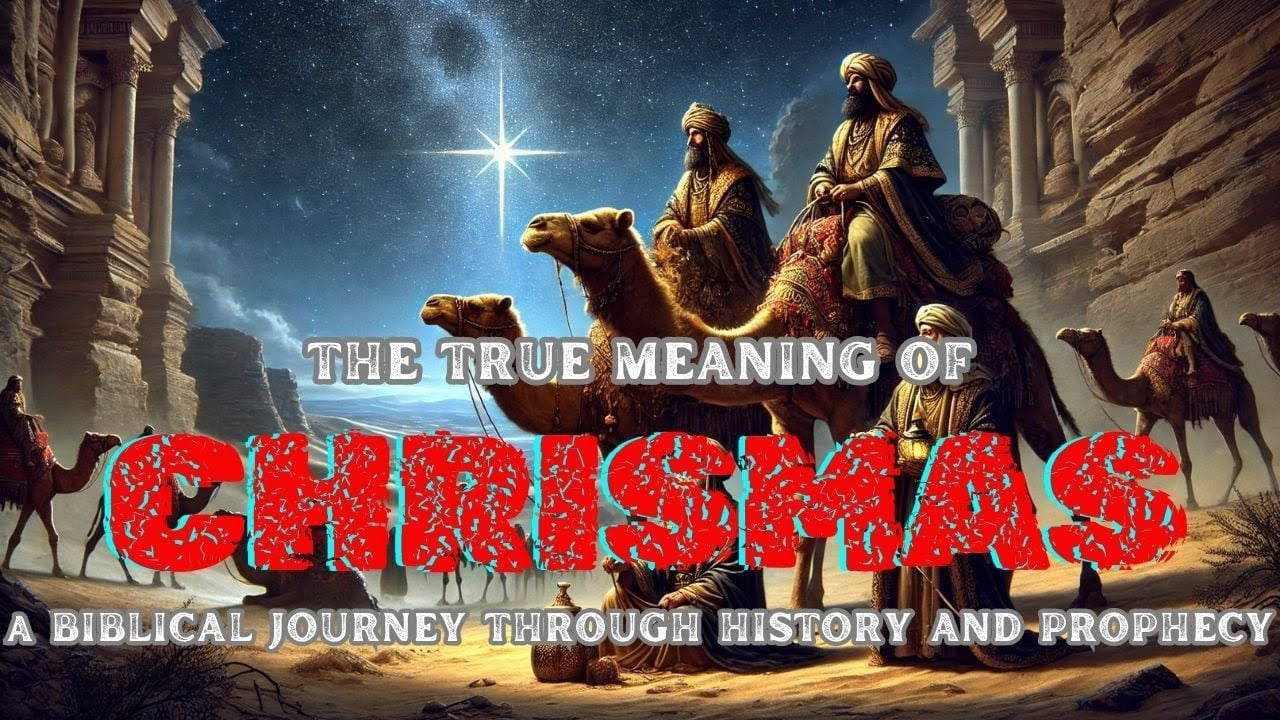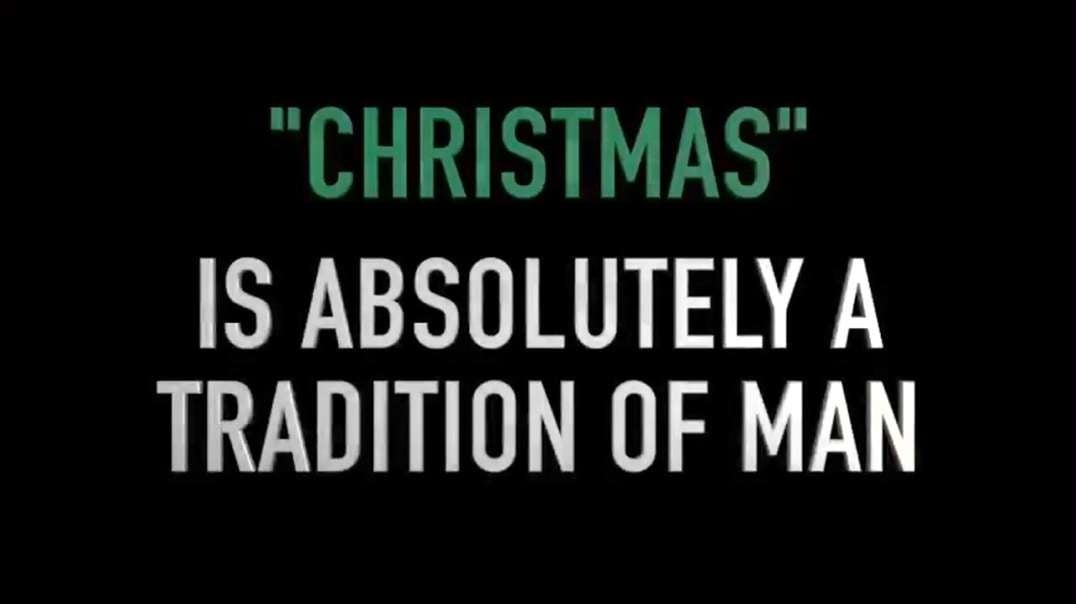Exposing the Dangers of Dispensationalism and Zionism
Join our alerts: https://sjwellfire.com/
Support us to save souls via the news: https://sjwellfire.com/support/
or [email protected] paypal
Prepare: https://sjwellfire.com/partners/
Dispensationalism is Flawed
Dispensationalism is a theological framework for interpreting the Bible. It maintains that history is divided into multiple ages or “dispensations” in which God interacts with his chosen people in different ways. It is often distinguished from covenant theology. Distinction between Israel and the Church, and that Christians are not bound by Mosaic law. Rapture of the Church that will happen before the Second Coming of Christ. Dispensationalism was systematized and promoted by John Nelson Darby and the Plymouth Brethren in the mid-19th century and put in the Scofield Bible
Dispensation of Innocence: This dispensation covered the period of Adam and Eve in the Garden of Eden. God’s commands were to fill the earth with children, subdue the earth, have dominion over the animals, care for the garden, and abstain from eating the fruit from the tree of knowledge of good and evil.
Dispensation of Conscience: This lasted about 1,656 years from the time of Adam and Eve’s eviction from the garden until the flood. This dispensation demonstrates what mankind will do if left to his own will and conscience, which have been tainted by the inherited sin nature1.
Dispensation of Human Government: This began in Genesis 8. God had destroyed life on earth with a flood, saving just one family to restart the human race. God made several promises and commands to Noah and his family1.
Dispensation of Promise: Started with the call of Abraham, continued through the lives of the patriarchs, and ended with the Exodus of the Jewish people from Egypt, a period of about 430 years1.
Dispensation of Law: This dispensation has not been mentioned in the search results, but it typically refers to the period from Moses to Jesus, during which God’s people were expected to follow the Mosaic law.
Dispensation of Grace: Also known as the Church Age, this is the current dispensation in which we live. It began with the New Covenant in Christ’s blood (Luke 22:20). This “Age of Grace” or “Church Age” occurs between the 69th and 70th week of Daniel 9:24. It starts with the coming of the Spirit on the Day of Pentecost and ends with the Rapture of the church (1 Thessalonians 4:13-17).
Millennial Kingdom of Christ: This is the final dispensation. It will last for 1000 years as Christ rules the nations of the world. The world will be restored to its original state and will be free from the curse of sin and death (Revelation 20:1-6).
Why is it Flawed
It undermines the significance and urgency of the gospel and the mission of the church. Dispensationalism teaches that the church age is a parenthesis or an interruption in God’s plan for Israel, and that the gospel is only a temporary measure until Christ returns to establish His earthly kingdom. It also teaches that most of the prophecies and promises of the Bible are not relevant or applicable to the church, but only to Israel in the future. This diminishes the importance and relevance of the gospel and the church, and the responsibility and privilege of Christians to proclaim and live out the gospel in the present age (Matthew 28:18-20; Acts 1:8; 2 Corinthians 5:18-21; 1 Peter 2:9-10).
It separates the people of God into two distinct groups, Israel and the church, and assigns different destinies and roles to them. Dispensationalism denies the unity and continuity of God’s people in both the Old and New Testaments, and the fulfillment of God’s promises to Israel in the church. It ignores the fact that the true Israel of God is not based on physical descent or nationality, but on faith in Christ and the new birth by the Spirit (Romans 2:28-29; 9:6-8; Galatians 3:7-9, 26-29; 6:16).
It contradicts the unity and continuity of God’s plan and purpose throughout history. God does not change His mind or His methods of dealing with people (Malachi 3:6; Hebrews 13:8). He has always been gracious and faithful to His covenant promises, and He has always required faith and obedience from His people (Genesis 15:6; Romans 4:3; Hebrews 11:6). It misinterprets the meaning and fulfillment of prophecy.




















